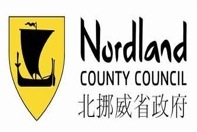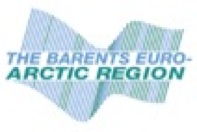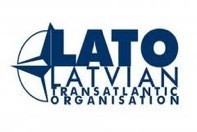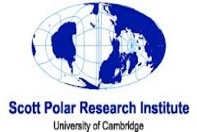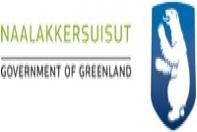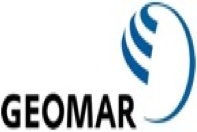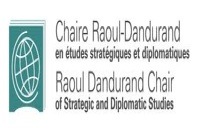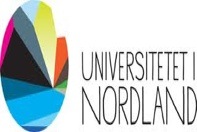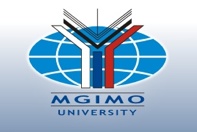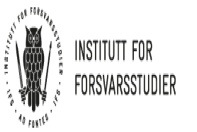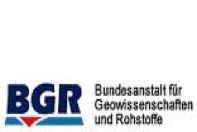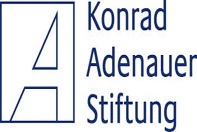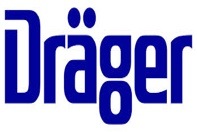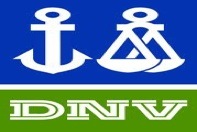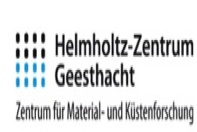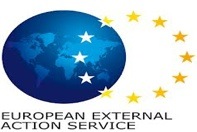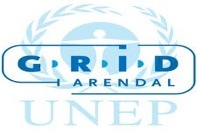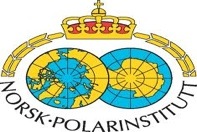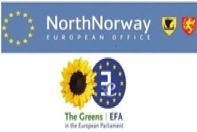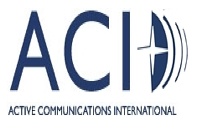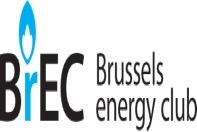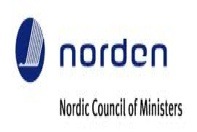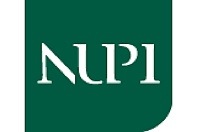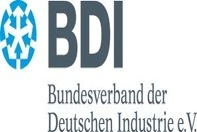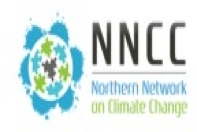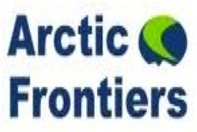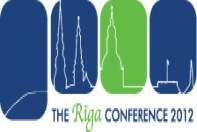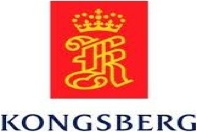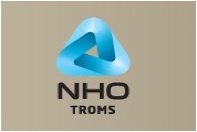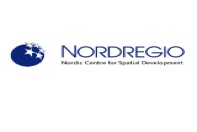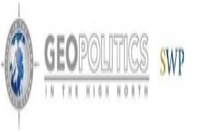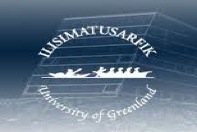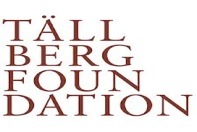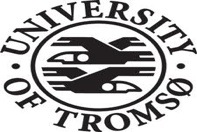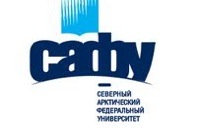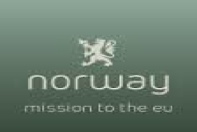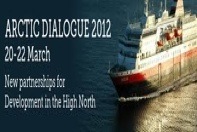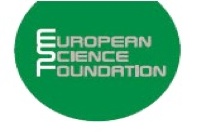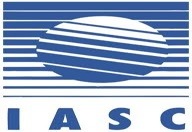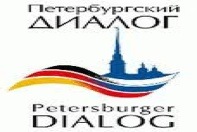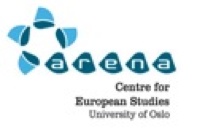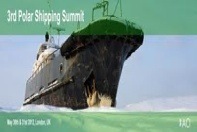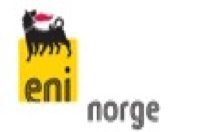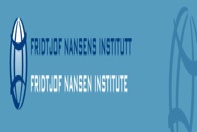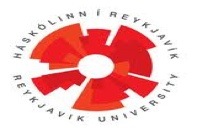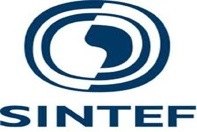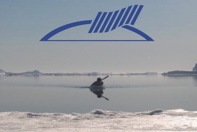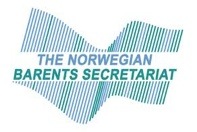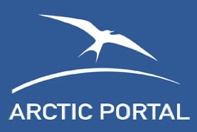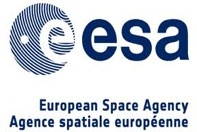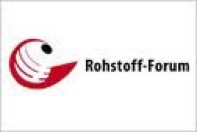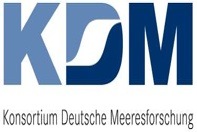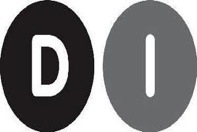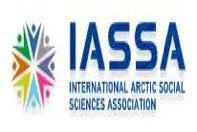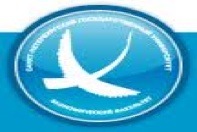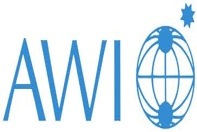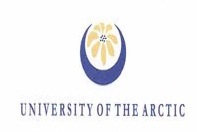Polar law, Democracy and Arctic Governance: report of the 4th Akureyri Polar Law Symposium “Arctic Governance,” Nuuk, September 2011
Since the first Polar Law Symposium, held at the end of the International Polar Year in 2008 in Akureyri, the Polar Law Symposiums have dealt with emerging and re-emerging legal issues regarding the Polar areas. In 2011, the symposium addressed issues related to national and international law with a common feature linking many presentations: the exploration of democracy in Arctic governance, and different views when it comes to international governance and body such as the Arctic Council. Cécile Pelaudeix and Laura Boone, from EUAF, took part in the conference.
In his opening speech, Ólafur Ragnar Grímsson, President of Iceland, underlined that Iceland and Greenland were developing a new collaboration, in particular regarding academic dialogue, and considered important to help Greenland acquire an international academic recognition. In President Grímsson’s views, the Arctic constitutes a new intellectual frontier. In accordance with his inclusive approach of Arctic governance, he pointed out several areas for which challenges in the Arctic require international cooperation: the position and rights of indigenous people, climate change, the risks caused by economic development, the position of outsiders in the Arctic arena, the existing international legal framework, the evolution of the Arctic Council, and the role of model that new policy discussions may have in communities and countries in other parts of the world that are related to glacial regions.
Pr. Gudmundur Alfredsson opened the symposium, organized by the University of Greenland and the University of Akureyri, which was attended by more than 40 speakers. Including such topics as constitutional law developments, good governance and transparency, the rights of indigenous peoples, natural resources, climate and environment, security politics and safety issues, the Arctic Council, this edition was the occasion to develop scientific cooperation between Iceland and Greenland.
Focusing on the increasing recognition of indigenous people voice in international fora such as the Arctic Council, or the recognition of indigenous people rights in international law, Kuupik Kleist, Premier of the Government of Greenland, highlighted the need for Indigenous people to now participate in the development of Arctic law. Precisely, the Constitutional law developments panel offered the opportunity to put in perspective Icelandic, Greenlandic and Faroe experiences towards constitutional development (Ágúst Thór Árnason, Kári á Rógvi). Emphasizing the fact that the Self-Government Act was not a constitution, Minninguaq Kleist explained in which ways Iceland experience towards constitutional development could be helpful for Greenland and presented the status of free association as the next step for Greenland and Denmark relations.
In the Good governance and transparency panel, Thomas Trier Hansen reminded that the Aarhus convention, making pro-active disclosure of information about environmental matters by public authorities an obligation, had not yet been endorsed by the Government of Greenland: access to information remained a challenge from a democratic point of view. Cécile Pelaudeix showed that Inuit governance has now reached a stage that questions the current balances of power between regional, national and international institutions. Jeremy Webber (“Indigenous Legal Traditions and Indigenous Governance – Challenges and Opportunities ») questioned the participation of indigenous people to the creation of institutions that govern their lives, and the possible ways to conciliate different accountabilities.
In general, many presentations drew attention to the lack of implementation of existing laws and international conventions, be it a matter of environment (“The Arctic in the International Climate Change Regime”, by Sebastien Duyck), or of indigenous peoples rights, Malgosia Fitzmaurice raising inter alia the question of the conditions of implementation of processes of consultations.
The mandate of the Arctic Council was variously assessed. President Grímsson considered that the establishment of a permanent secretariat was premature, since the Council had not yet, to his mind, reached a level of development allowing it to resolve the problems it has to face. Natalia Loukacheva insisted on the role of the Council when it comes to cooperation, a role that should not interfere with national concerns, be they military or strategic. Timo Koivurova underscored the complementary tracks of the Arctic Council and the Arctic 5, the latter being more adapted to questions of hard security or discussions about matters such as continental shelves. Tom Axworthy, in a presentation entitled “The Future of the Arctic Council” advised to come back to the initial ambition of the Arctic Council when it comes to security, and called for a nuclear demilitarization of the Arctic.
This 4th edition of Polar Law Symposium indicated that, be it in national or international settings, enhancement of democracy was questioned, as well as the implementation of existing rule of law, in a context of increasing questioning of the adaptation of institutions to the current challenges in the Arctic.
The full program is available here.
The proceedings of the symposium will be published in the next Yearbook of Polar Law.
Dr. Cécile Pelaudeix
Research associate, PACTE-Institute of Political Studies, Grenoble
Researcher, EU Arctic Forum, Brussels

